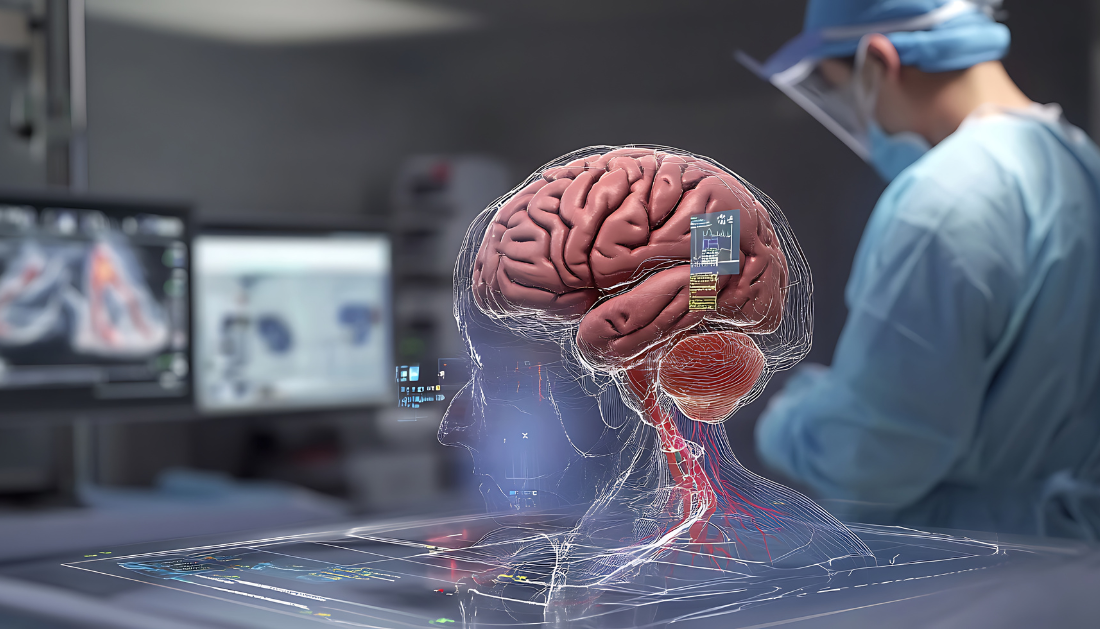

Emergency teams rely on rapid, accurate decisions to save lives, and the role of AI in emergency medicine is becoming an important point of discussion. A new study from Drexel University and Children’s National Medical Center offers early evidence on how AI-enabled decision support may fit into high-stakes trauma care, without slowing clinicians down.
Can AI in Emergency Medicine Improve Split-Second Clinical Decisions?
A team led by Angela Mastrianni, PhD, and Aleksandra Sarcevic, PhD, evaluated how emergency physicians and nurses respond to AI-supported information during pediatric trauma scenarios. Using a prototype decision-support tool, DecAide, researchers tested whether synthesized patient data alone, or data combined with AI-generated treatment recommendations, helped clinicians identify life-saving interventions more accurately.
Explore the Top Emergency Medicine CME/CE Conferences 2026
Across 12 timed virtual cases, 35 emergency care providers made more than 800 treatment decisions. Accuracy increased to 64.4% when the AI provided both synthesized information and a recommendation, compared with 56.3% using data alone and 55.8% with no AI support at all.
How AI-Synthesis and Recommendations Were Perceived
Clinician Trust and AI Recommendations in Pediatric Trauma Care
While most clinicians appreciated AI-generated data summaries, opinions about receiving treatment recommendations were mixed. Some feared that suggested actions—such as transfusion or neurosurgical intervention- could influence their autonomy, especially when the system offered limited reasoning.
Twelve participants disregarded recommendations entirely. Eighteen looked at the AI guidance only after forming their own decision. Importantly, decision-making speed did not decline across any scenario, suggesting that AI support did not disrupt clinical flow.
What This Means for Emergency Medicine Practice
Implications for Real-Time Clinical Decision Support Systems
The findings highlight a key insight: clinicians may use AI tools, but adoption hinges on trust, transparency, and responsible integration. As specialties like radiology shift further toward AI support, emergency medicine remains cautious, reflecting the complexity of fast-moving, high-acuity care.
The researchers recommend larger multisite studies and clearer implementation policies before clinical deployment. Understanding how emergency physicians, nurses, and trauma teams prefer to receive AI-generated information will be central to future design.
What Comes Next for AI in Emergency Medicine
The study underscores the need for continued collaboration between clinicians, informatics experts, and medical leaders. AI will not replace clinical expertise, but tools like DecAide may eventually help teams detect abnormalities faster, organize complex patient information, and improve accuracy during resuscitation, if integrated with careful oversight.
Source:
more recommended stories
 Phage Therapy Study Reveals RNA-Based Infection Control
Phage Therapy Study Reveals RNA-Based Infection ControlKey Takeaways (Quick Summary) Researchers uncovered.
 Safer Allogeneic Stem Cell Transplants with Treg Therapy
Safer Allogeneic Stem Cell Transplants with Treg TherapyA new preclinical study from the.
 Innovative AI Boosts Epilepsy Seizure Prediction by 44%
Innovative AI Boosts Epilepsy Seizure Prediction by 44%Transforming Seizure Prediction in Epilepsy Seizure.
 Hypnosis Boosts NIV Tolerance in Respiratory Failure
Hypnosis Boosts NIV Tolerance in Respiratory FailureA New Approach: Hypnosis Improves NIV.
 Bee-Sting Microneedle Patch for Painless Drug Delivery
Bee-Sting Microneedle Patch for Painless Drug DeliveryMicroneedle Patch: A Pain-Free Alternative for.
 AI Reshapes Anticoagulation in Atrial Fibrillation Care
AI Reshapes Anticoagulation in Atrial Fibrillation CareUnderstanding the Challenge of Atrial Fibrillation.
 Hemoglobin as Brain Antioxidant in Neurodegenerative Disease
Hemoglobin as Brain Antioxidant in Neurodegenerative DiseaseUncovering the Brain’s Own Defense Against.
 Global Data Resource for Progressive MS Research (Multiple Sclerosis)
Global Data Resource for Progressive MS Research (Multiple Sclerosis)The International Progressive MS Alliance has.
 AI Diabetes Risk Detection: Early T2D Prediction
AI Diabetes Risk Detection: Early T2D PredictionA new frontier in early diabetes.
 Cancer Cells Learn to Self-Report: A New Frontier in Immunotherapy
Cancer Cells Learn to Self-Report: A New Frontier in ImmunotherapyHow a Drug Complex Enables Immune.

Leave a Comment